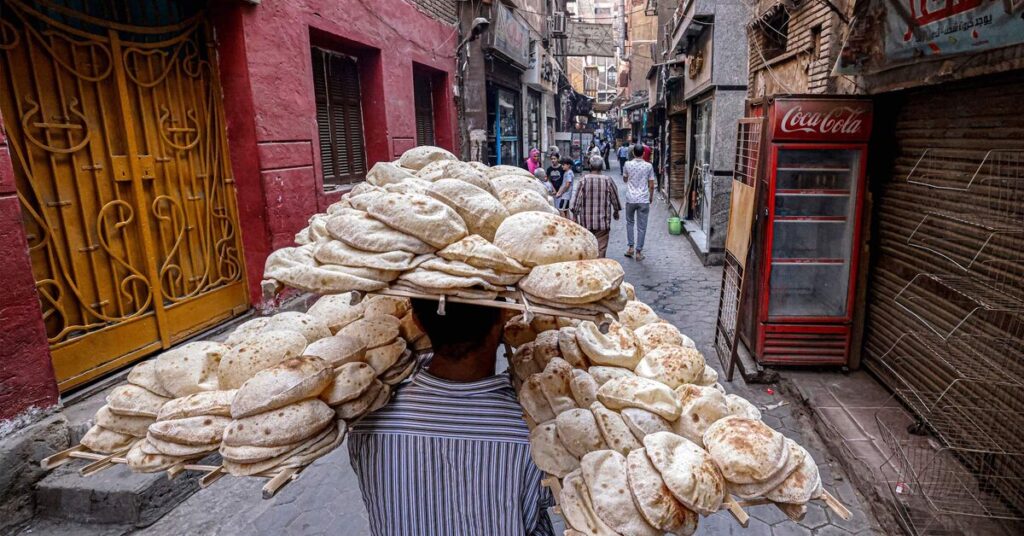Egyptian President Abdel Fattah el-Sisi accepted the government's resignation on Monday and called on the new administration to focus on promoting foreign investment and tackling rising prices, among other issues facing the North African country.
Prime Minister Mustafa Madbouly submitted his cabinet's resignation on Monday to President Sisi, who tasked him with forming a new cabinet. In a statement from the Egyptian presidency, Sisi said Egypt's national security was his government's most important priority “in light of regional and international threats.”
Sisi added that health and education should also be high on the government's agenda. Regarding Egypt's struggling economy, the statement said, he instructed the government to continue with economic reforms while making “every effort to contain price increases and inflation,” with a particular focus on attracting foreign and domestic investment.
Madbouly has been prime minister since 2018. Monday's cabinet reshuffle marks the fourth during his tenure, the most recent being in August 2022.
Under Egypt's system, the prime minister is appointed by the president and has the power to approve or veto cabinet appointments. The statement did not say which ministers would be replaced or give a timetable for forming a new government.
Why is this important: The change comes amid growing economic challenges for Cairo. Inflation remains high but may be trending downward. Headline inflation stood at 32.5% in April, down from 33.3% in March, according to Egypt's statistics agency CAPMAS. The Central Bank of Egypt opted to keep interest rates unchanged at its May meeting after a sharp 6% hike in March.
Madbouly announced last week a 300 percent hike in the price of subsidized bread to 20 piasters ($0.0042) a loaf, the first increase in 30 years, taking effect this month, as part of efforts to ease the strain on the budget.
The country is also suffering from dwindling foreign exchange reserves due to a drop in tourism due to the COVID-19 pandemic and supply chain shocks following Russia's 2022 invasion of Ukraine.
More recently, Houthi attacks in the Red Sea have hit the economy hard, particularly in manufacturing and textiles.
Egypt has had some success recently in attracting foreign investment and aid: in February, the United Arab Emirates agreed to invest $35 billion in the Egyptian economy in the Ras el-Hekma coastal development deal.
A month later, the International Monetary Fund increased its bailout loan to Egypt by $5 billion after the country agreed to a more flexible exchange rate. Since then, the Egyptian currency has been trading at 47 pounds to the US dollar.
The European Union provided Egypt with 1 billion euros ($1.09 billion) in April as part of a broader 5 billion euro ($5.44 billion) loan package.
Click here for details: Sisi's reference to national security may have something to do with Egyptian concerns about the Gaza war. Egypt has repeatedly condemned Israel's war against Hamas in the Gaza Strip and is particularly concerned about the Rafah offensive on the border. Egypt fears an influx of Palestinians into the Sinai Peninsula, mainly due to the recent history of Islamist insurgency in the area.


